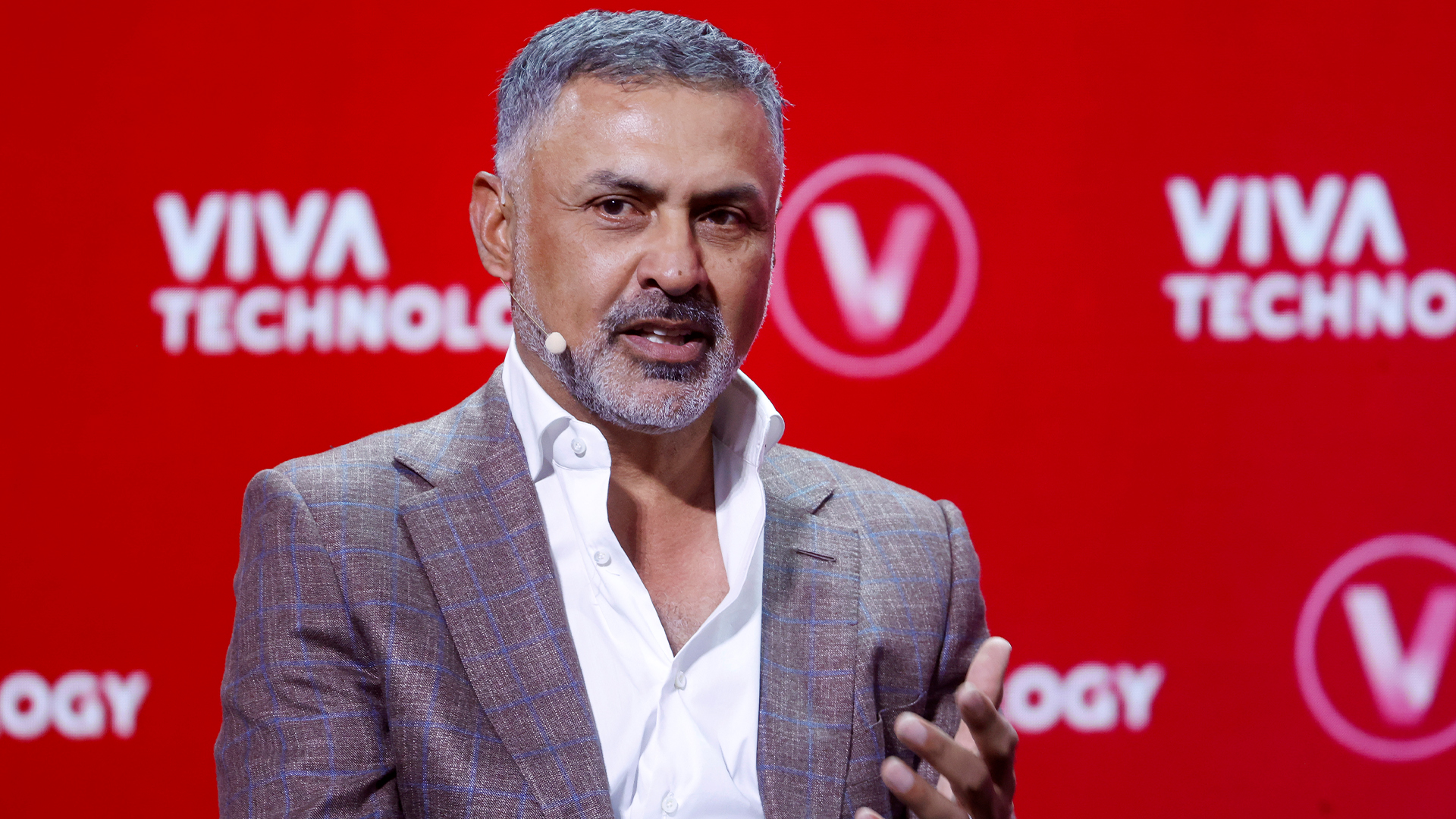US and EU thrash out plans to avert chip production “subsidy race”
Transatlantic talks will focus on measures to improve local chip production and minimise reliance on other parts of the world


Stay up to date with the latest Channel industry news and analysis with our twice-weekly newsletter
You are now subscribed
Your newsletter sign-up was successful
The US and EU will work together to boost production of semiconductor chips and avoid a subsidy race, a senior official of the Biden Administration has revealed.
The EU-US Trade and Technology Council (TTC) met on Monday to thrash out plans to alleviate global supply chain issues, having prepared the initial agenda back in February.
RELATED RESOURCE

According to the US official, both Washington and Brussels are looking to encourage chip investment in a coordinated manner to not “simply encourage a subsidy race”.
The pair are placing a focus on several priorities, which include securing supply chains, transatlantic technical cooperation, the combatting of online disinformation practices, as well as the decarbonization of trade.
In a White House pre-briefing on Friday, it was revealed that the cooperative effort will announce “a transatlantic approach to semiconductor investments aimed at ensuring security of supply.”
Talks will cover technical discussions with international standard-setting bodies, as well as plans for an early warning system that will help detect potential supply chain disruptions, the official said.
This early warning system will elaborate on measures introduced by the US last year which monitor key chip production plants across Southeast Asia to determine future potential future disruptions.
Stay up to date with the latest Channel industry news and analysis with our twice-weekly newsletter
"This is really a chance for us to expand that work and multilateralize it with our European partners,” the official explained in the briefing. “I would say we are very closely monitoring the situation in China, which is clearly impacting a number of different supply chains, not just semiconductors."
The TCC is also working on plans for a trans-Atlantic guide to cybersecurity best practices for small and medium-sized businesses, as well as a new online disinformation framework to combat tactics such as those deployed by Russia as part of its war in Ukraine.
The development follows ongoing global chip shortages which have hampered production across electronics industries. Essentially, the US and EU are now aiming to ramp up investment in semiconductor supplies and encourage local chip production to minimise the existing reliance on importing components.
On US shores, the Biden Administration has said it looking to secure $52 billion in funding for its new CHIPS Act, implemented back in January, which will be used to subsidize businesses building semiconductor fabrication plants.
Similarly, the EU recently introduced its European Chips Act, alongside an $11 billion investment to bolster the region’s chip manufacturing capabilities.
Dan is a freelance writer and regular contributor to ChannelPro, covering the latest news stories across the IT, technology, and channel landscapes. Topics regularly cover cloud technologies, cyber security, software and operating system guides, and the latest mergers and acquisitions.
A journalism graduate from Leeds Beckett University, he combines a passion for the written word with a keen interest in the latest technology and its influence in an increasingly connected world.
He started writing for ChannelPro back in 2016, focusing on a mixture of news and technology guides, before becoming a regular contributor to ITPro. Elsewhere, he has previously written news and features across a range of other topics, including sport, music, and general news.
-
 Palo Alto Networks CEO hails ‘the end of identity silos’ as firm closes CyberArk acquisition
Palo Alto Networks CEO hails ‘the end of identity silos’ as firm closes CyberArk acquisitionNews Palo Alto Networks' CEO Nikesh Arora says the $25bn CyberArk acquisition heralds "the end of identity silos" for customers, enabling them to supercharge privileged access management.
-
 Google says hacker groups are using Gemini to augment attacks
Google says hacker groups are using Gemini to augment attacksNews Google Threat Intelligence Group has shut down repeated attempts to misuse the Gemini model family
